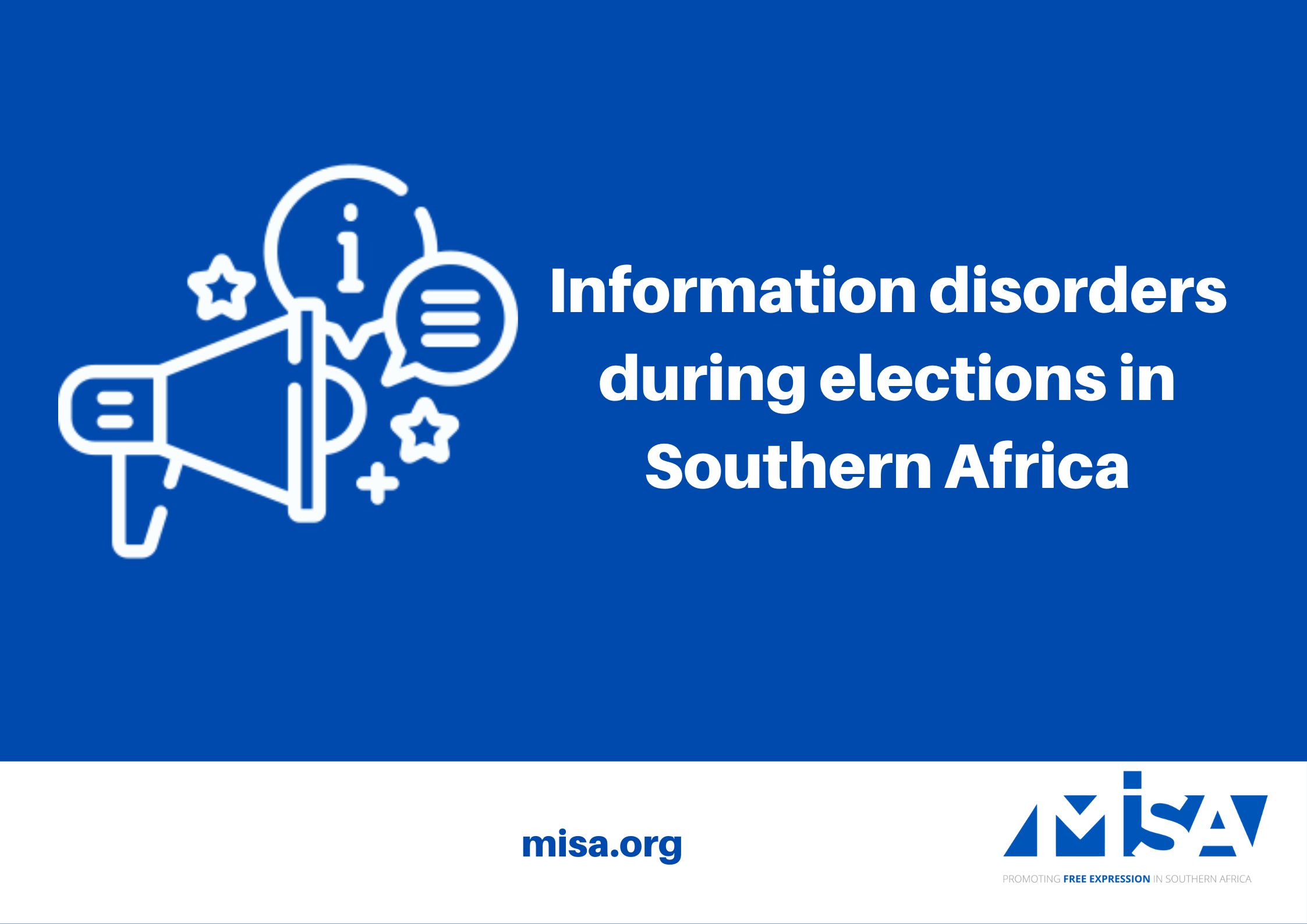Fake news and information disorders have become pervasive challenges during elections in Southern Africa.
During a recent X space discussion titled: Let’s talk: information disorders in Southern Africa, hosted by MISA Zimbabwe, Prisiel Samu, Programmes Coordinator at ZimFact, Richard Mulonga, CEO of Bloggers Zambia, and Elizabeth Riziki, National Director of MISA Tanzania, shared insights on combating this issue in the region.
The discussion raised several important questions regarding information disorders in Southern Africa and common trends of information disorders in their respective countries and how they impact public discourse.
The conversation questioned underlying societal and political factors that contribute to the prevalence of fake news and misinformation in Southern Africa.
Effectively addressing these information disorders is crucial to promote democracy and public participation in Southern Africa.
The media, citizens, and governments have a role to play in ensuring the dissemination of accurate and factual information while curbing misinformation and disinformation through regulations, programmes, and awareness.
Mulonga highlighted the prevalence of misinformation and disinformation during election seasons and its harmful impact on public discourse. He emphasised the need to address the battle for popularity in the digital age, where harmful content misleads citizens, promoting selfish and non-public interest agendas.
Riziki identified several factors contributing to the spread of information disorders. These include barriers to accessing information, an information gap between urban and rural communities, government control of the media, and youth unemployment.
Samu highlighted that individuals with internet access are actively involved in spreading fake news, but governments can play a leading role by regulating social media platforms, which have become breeding grounds for misinformation.
Riziki emphasised the importance of the media, including journalists and bloggers, adhering to professional ethics such as fact-checking and verification to prevent harm.
Addressing this issue requires proactive dissemination of factual information, strategies for promoting greater media literacy, and critical thinking among the general public to prevent the spread of misinformation.
Listen to the space: https://twitter.com/i/spaces/1OyJAWmZbebKb?s=20












